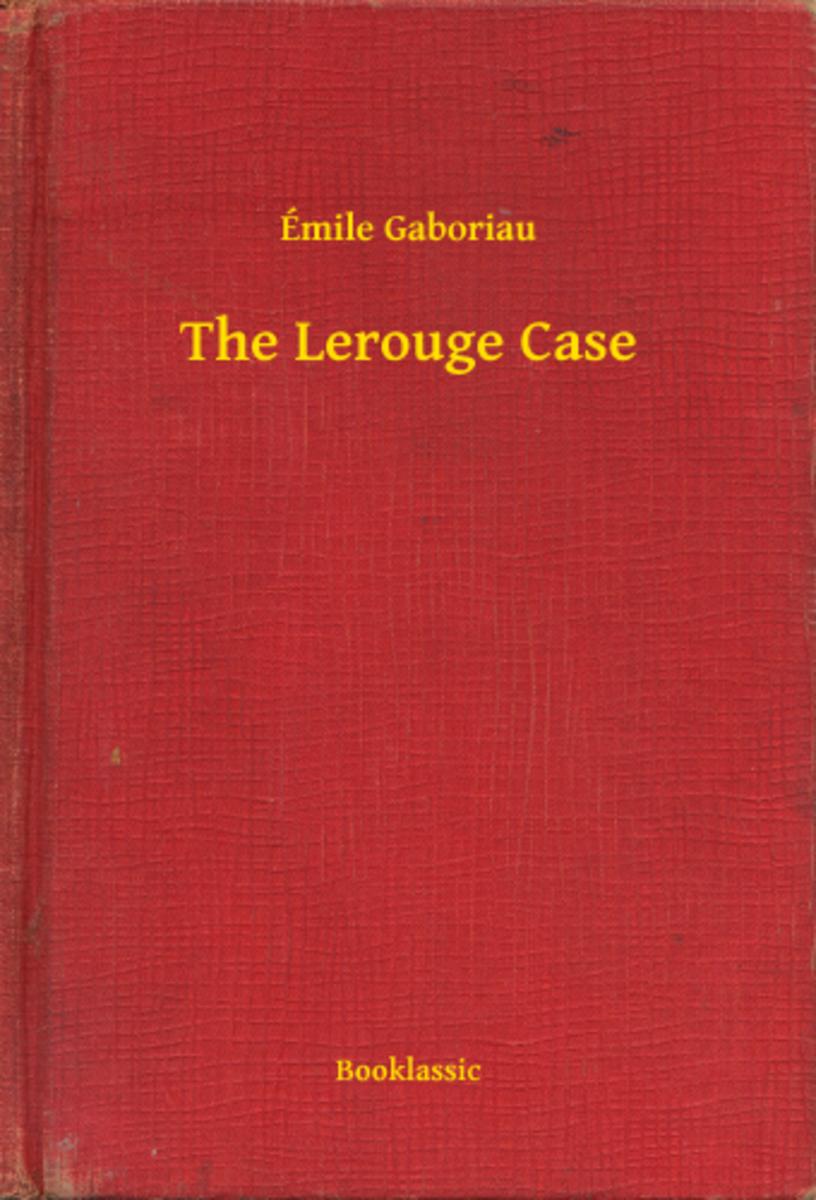
The Lerouge Case
¥8.01
The Lerouge Case
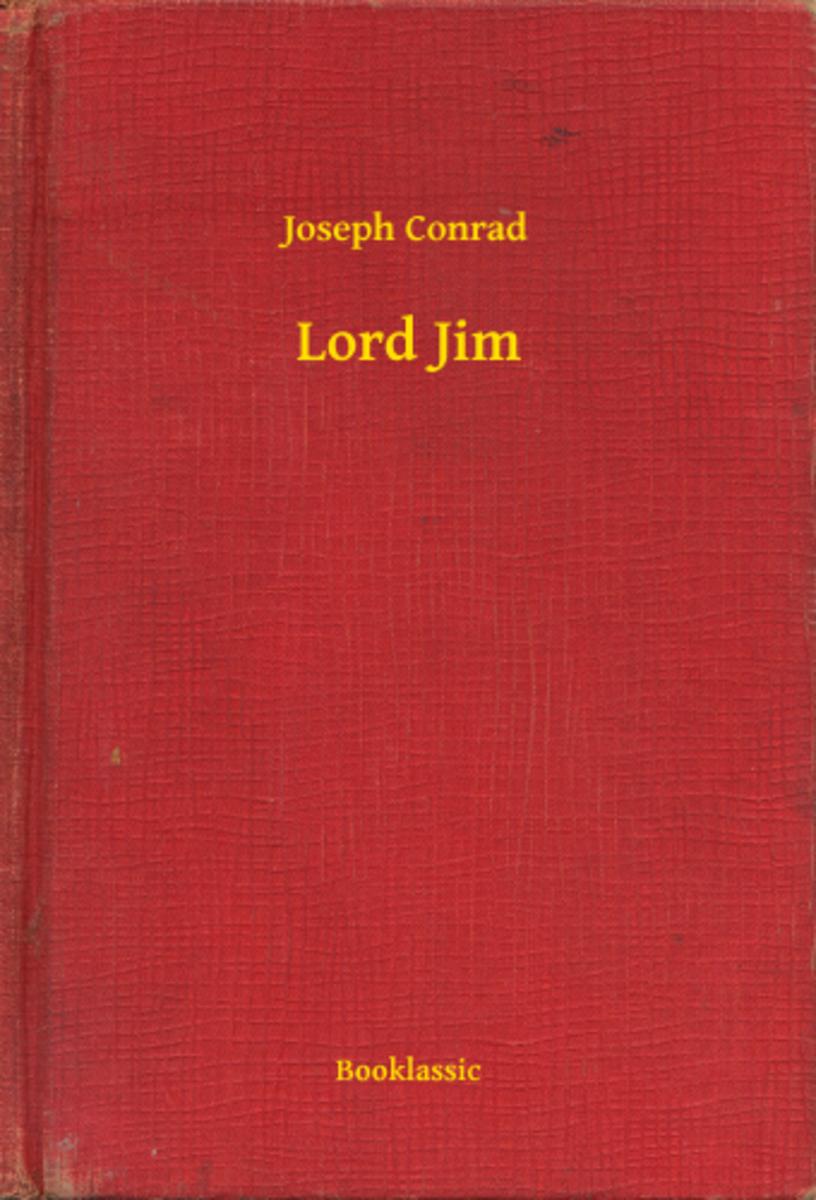
Lord Jim
¥8.01
Lord Jim
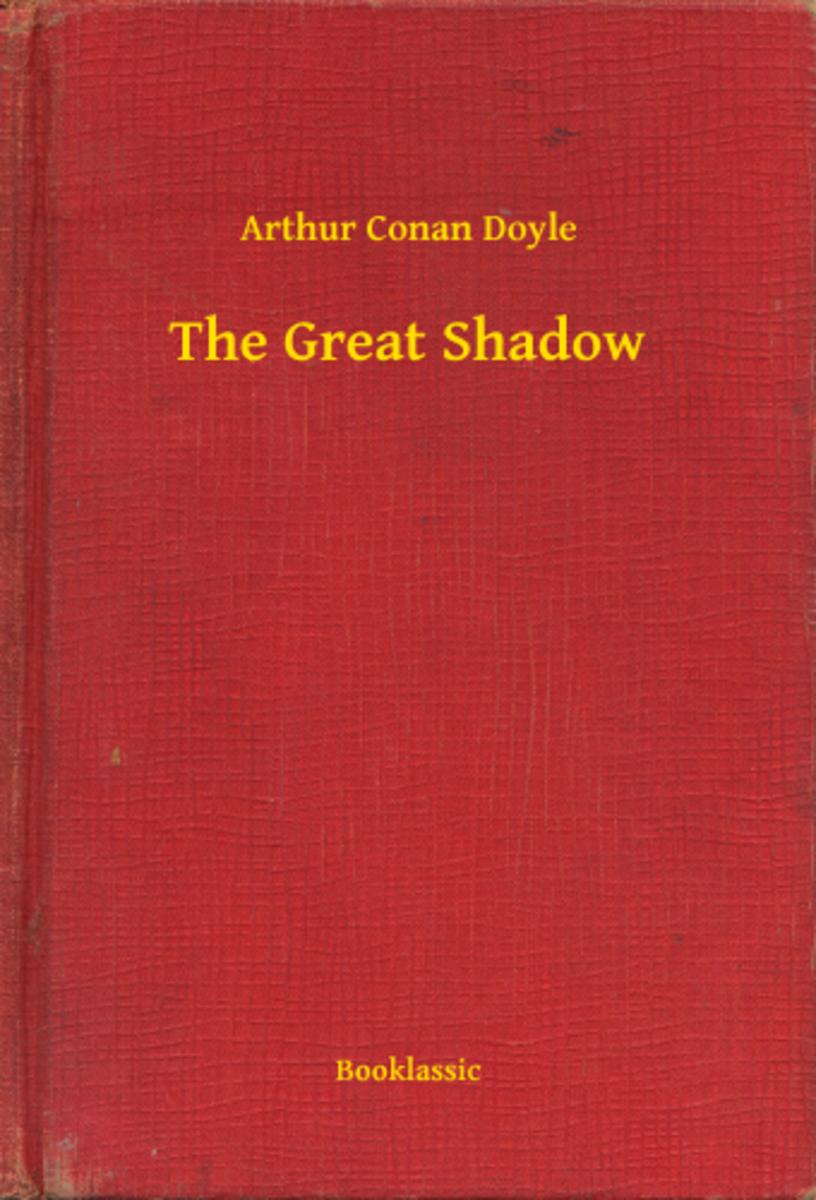
The Great Shadow
¥7.93
The Great Shadow

The Wood Beyond the World
¥8.01
The Wood Beyond the World
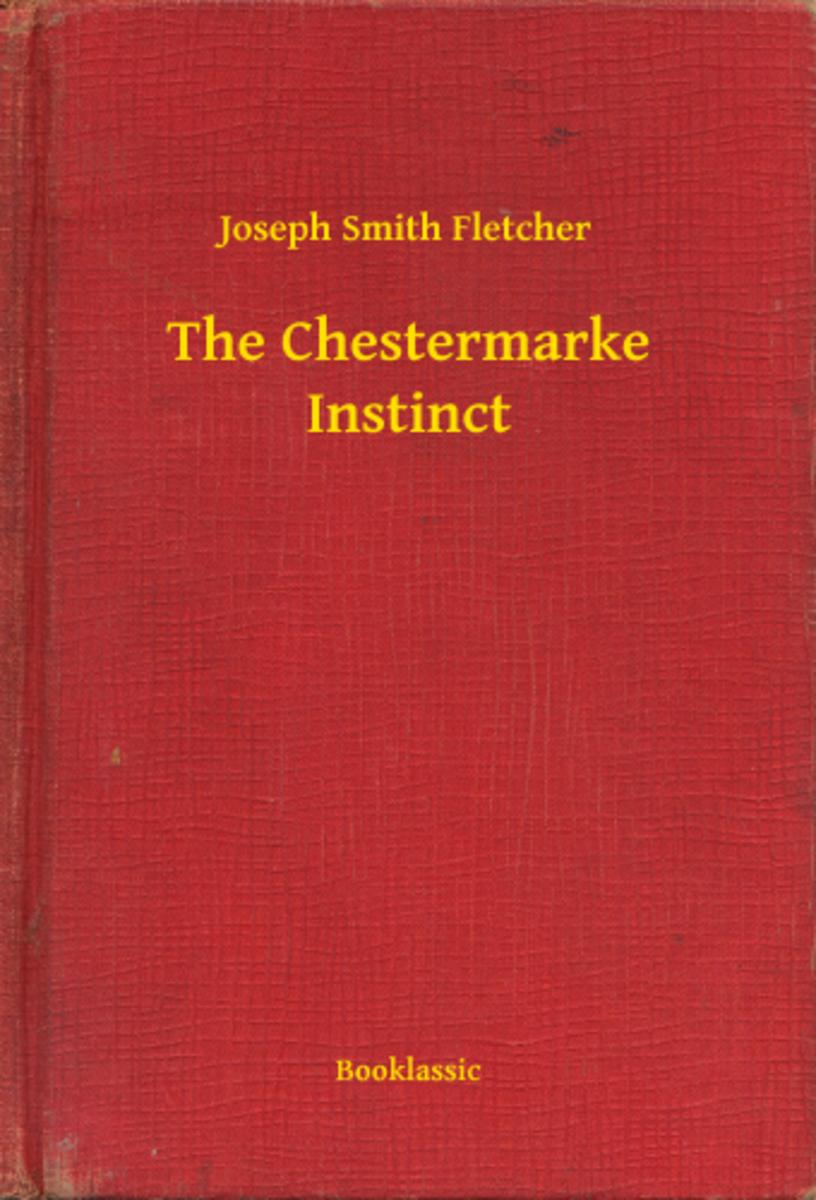
The Chestermarke Instinct
¥8.01
The Chestermarke Instinct
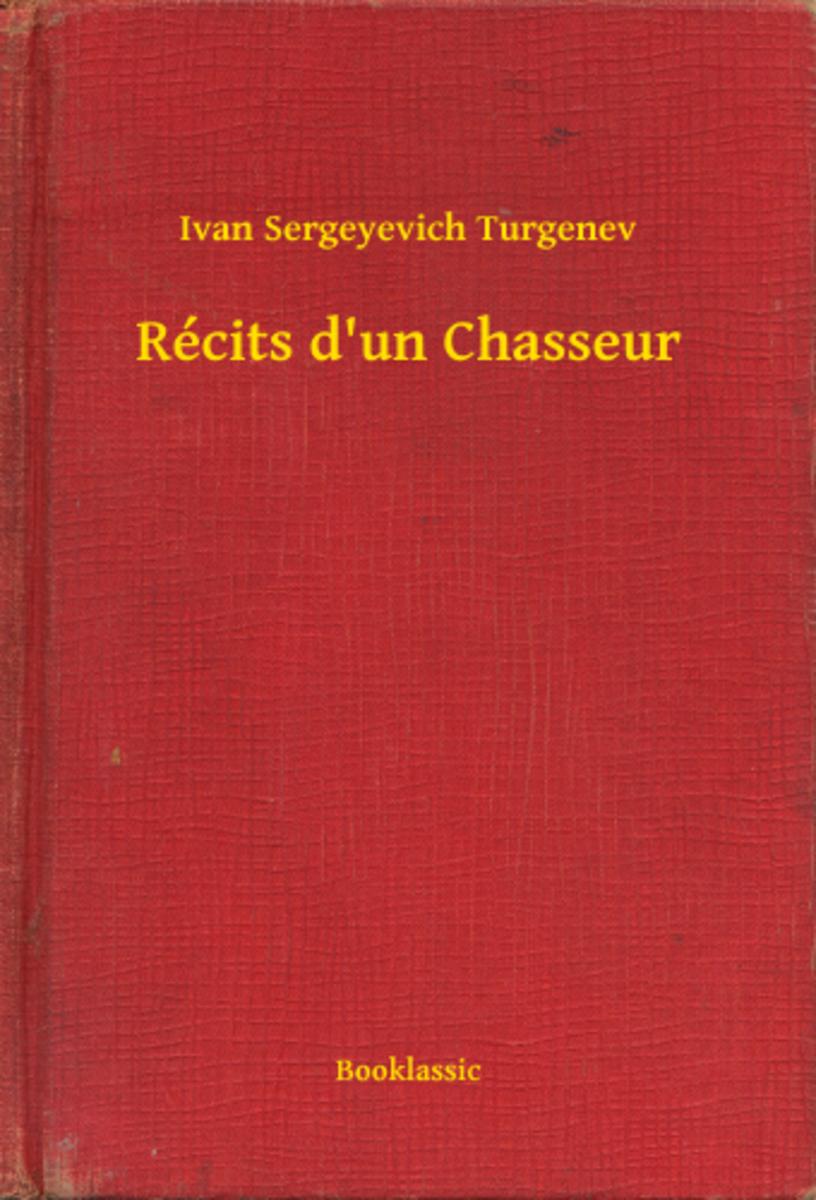
Récits d'un Chasseur
¥8.01
Récits d'un Chasseur
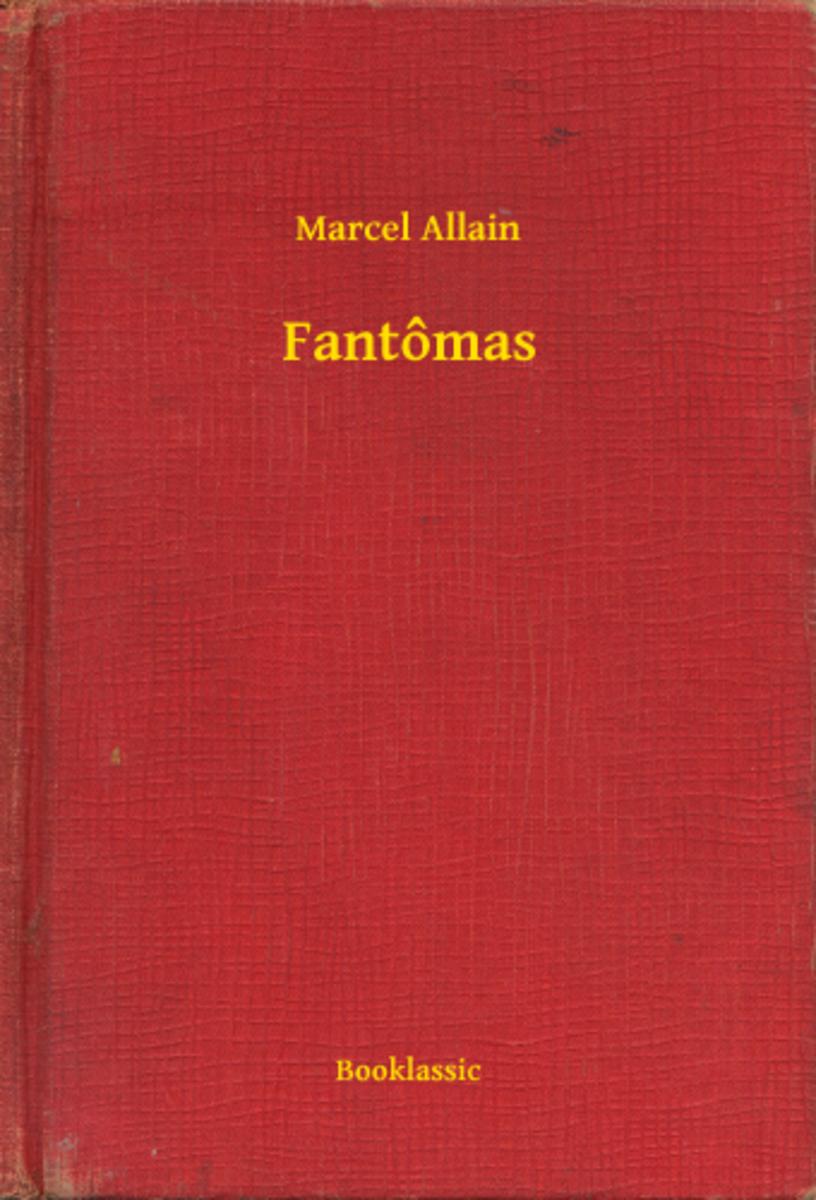
Fant?mas
¥8.01
Fant?mas

Les Archives de Sherlock Holmes
¥7.93
Les Archives de Sherlock Holmes

Eugenics and Other Evils
¥8.01
Eugenics and Other Evils
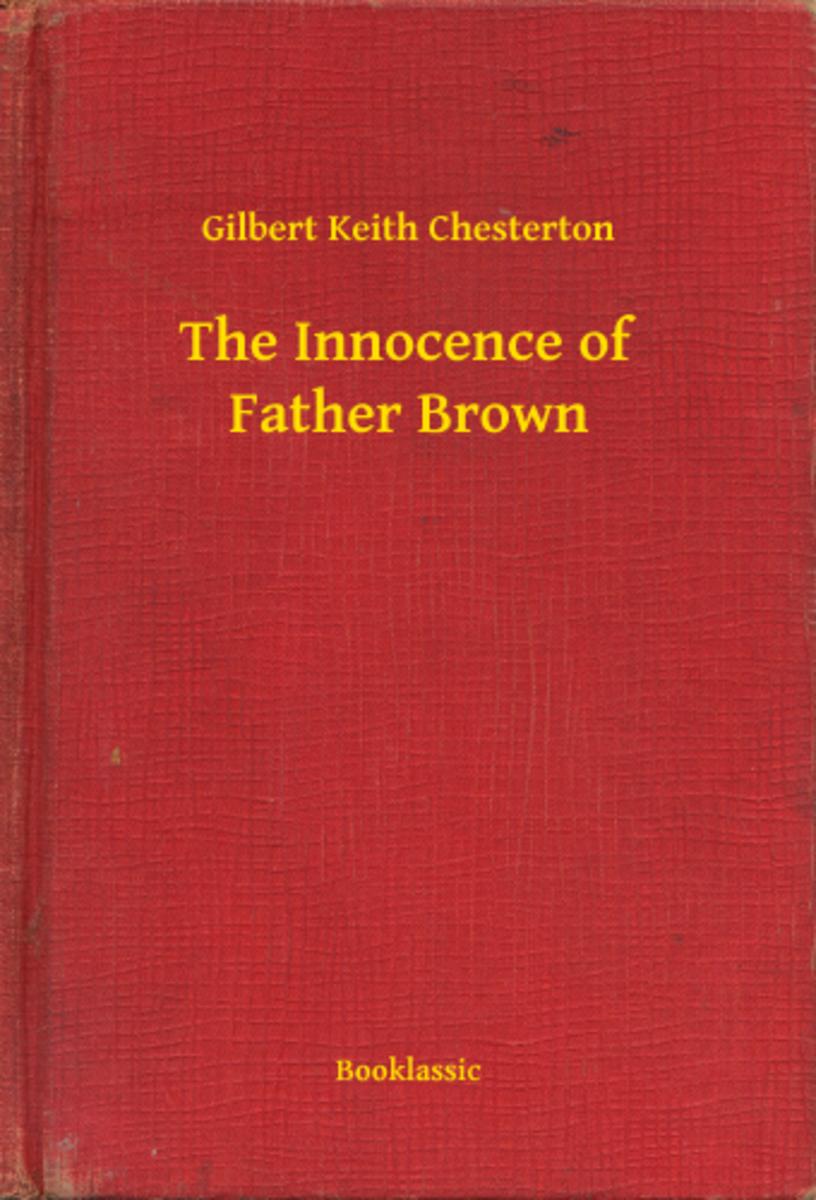
The Innocence of Father Brown
¥8.01
The Innocence of Father Brown
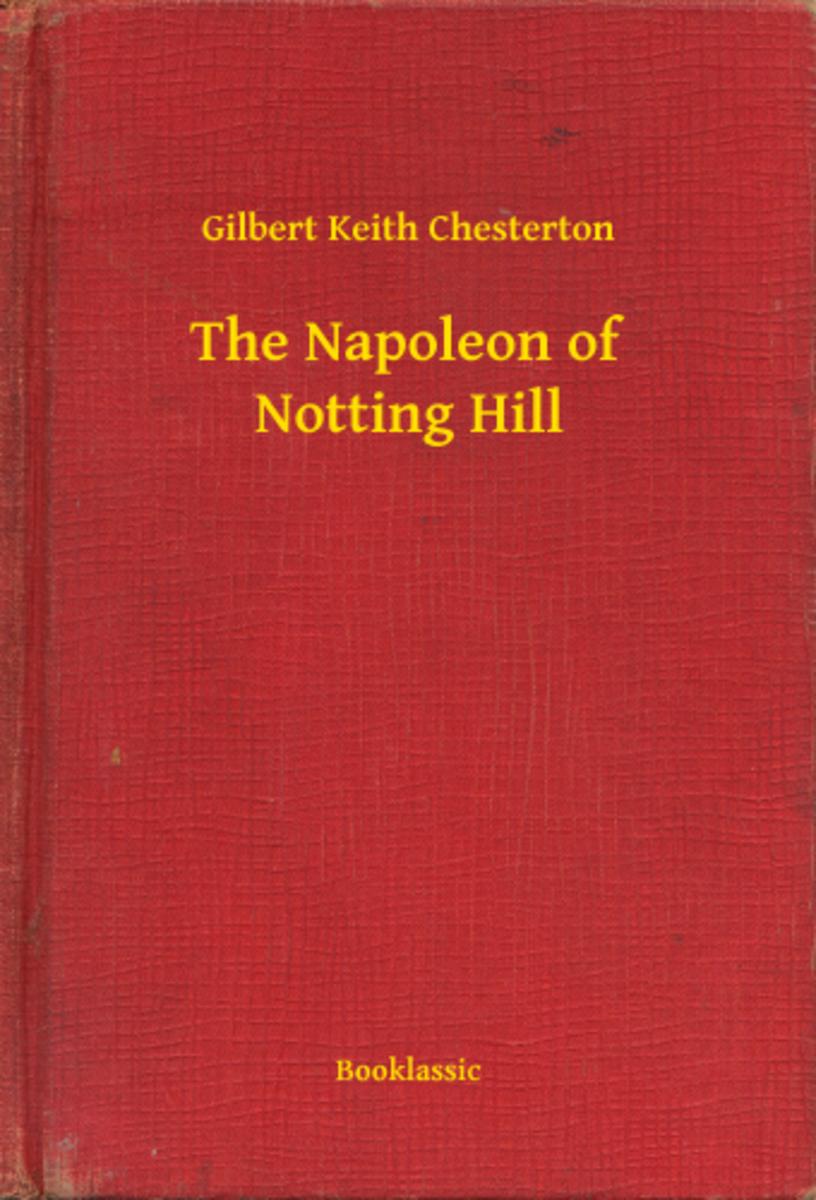
The Napoleon of Notting Hill
¥8.01
The Napoleon of Notting Hill

The Wild Knight and Other Poems
¥7.93
The Wild Knight and Other Poems

A Thin Ghost and Others
¥8.01
A Thin Ghost and Others
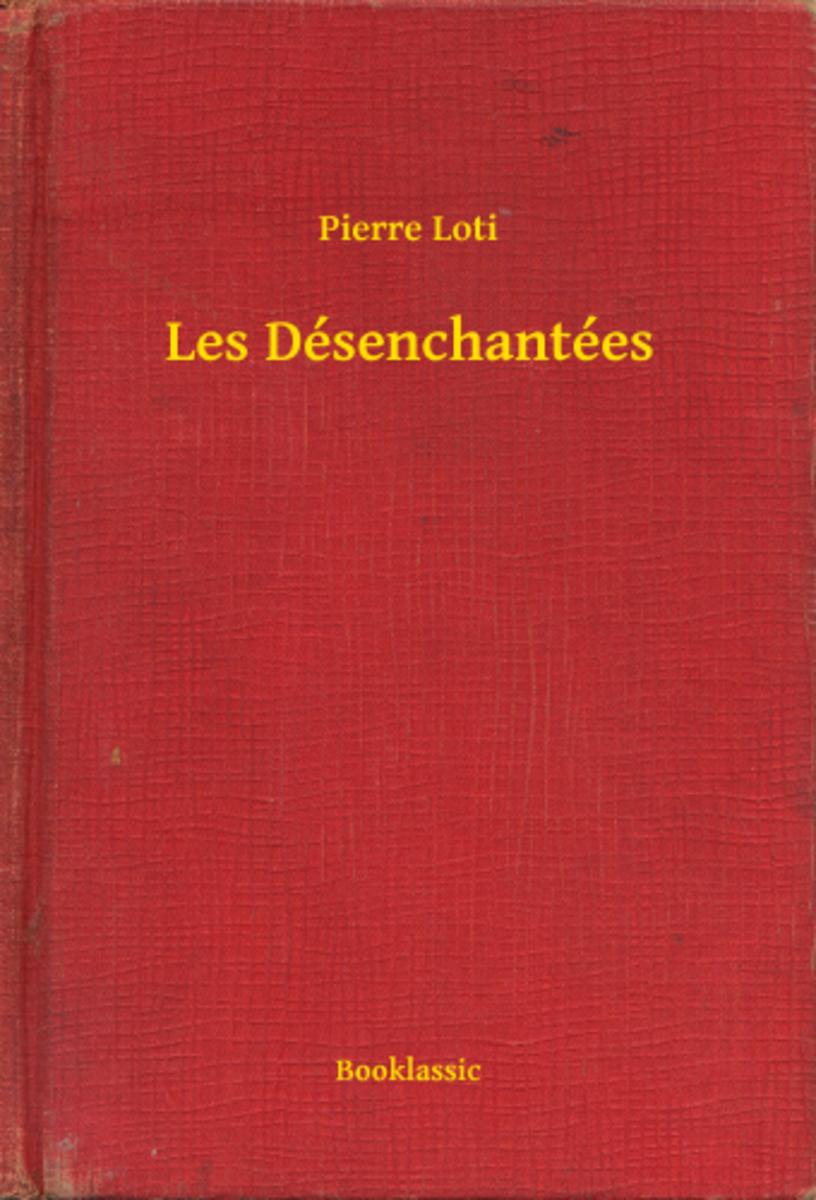
Les Désenchantées
¥8.01
Les Désenchantées
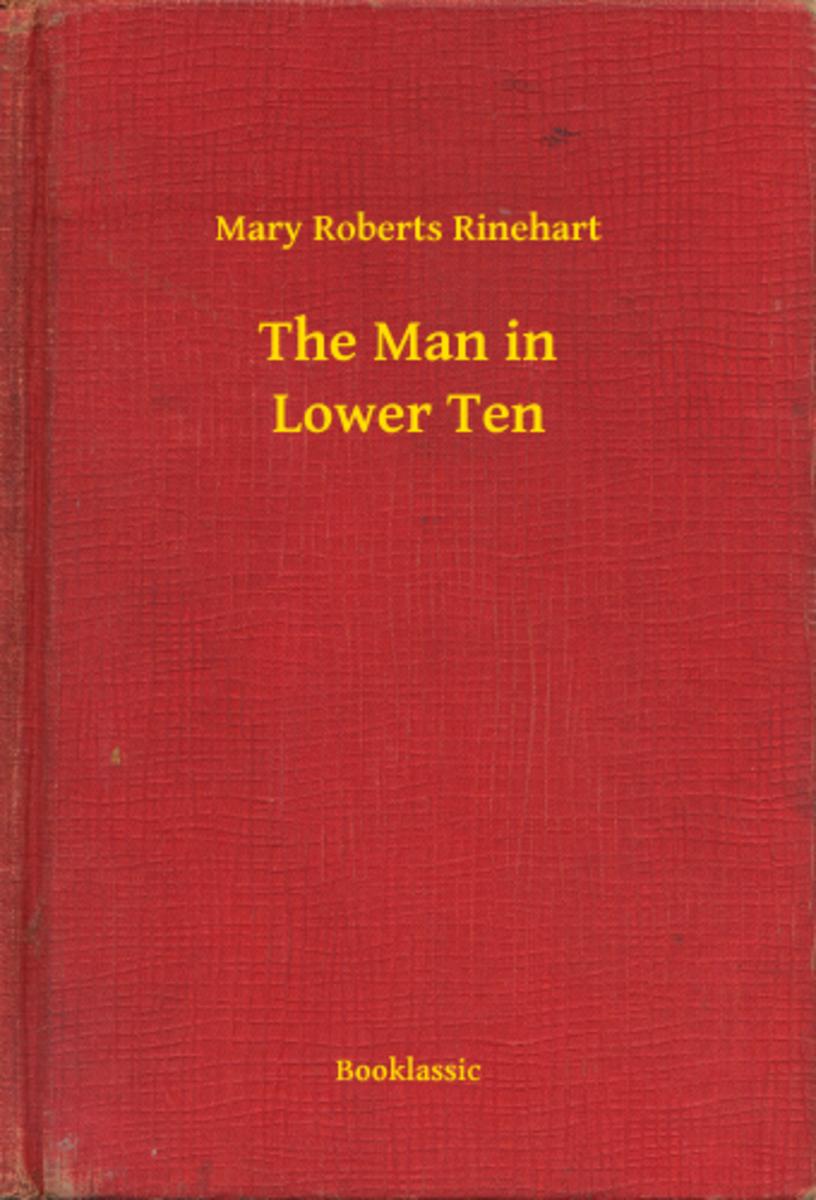
The Man in Lower Ten
¥8.01
The Man in Lower Ten
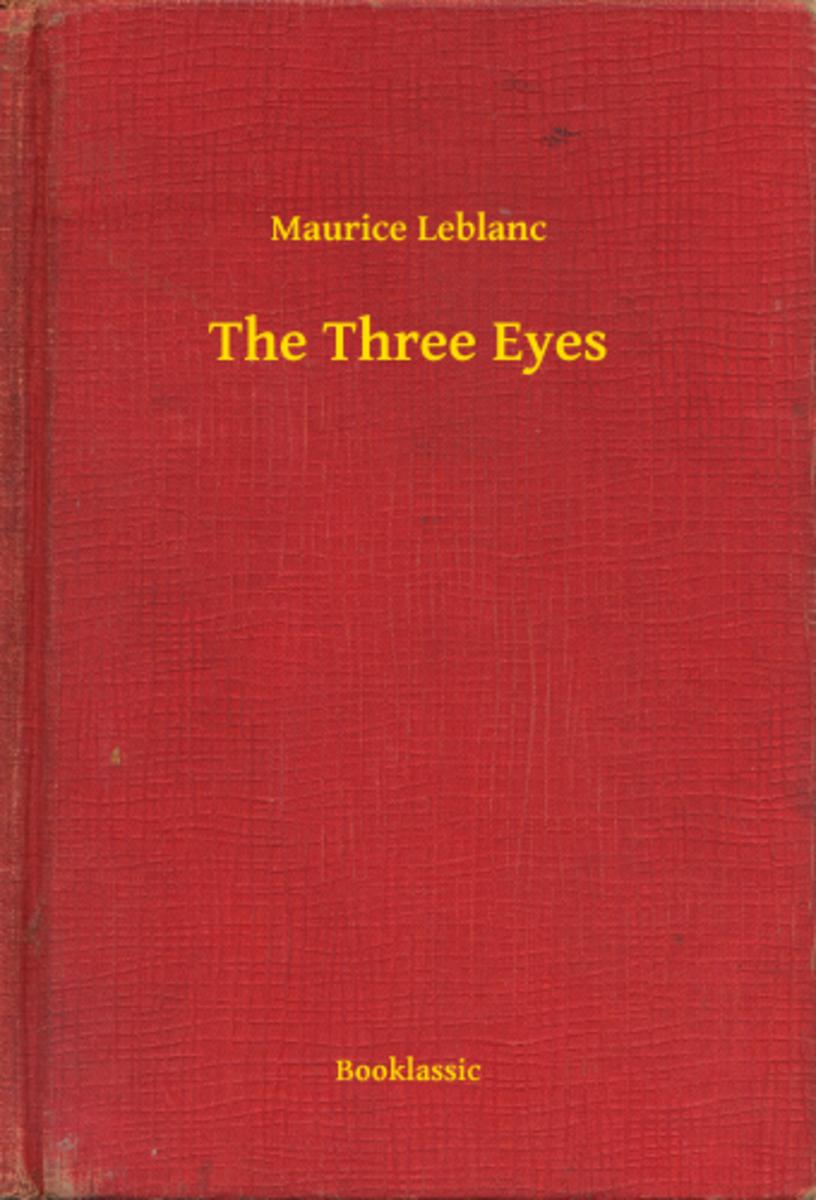
The Three Eyes
¥8.01
The Three Eyes

The Kama Sutra
¥8.01
The Kama Sutra
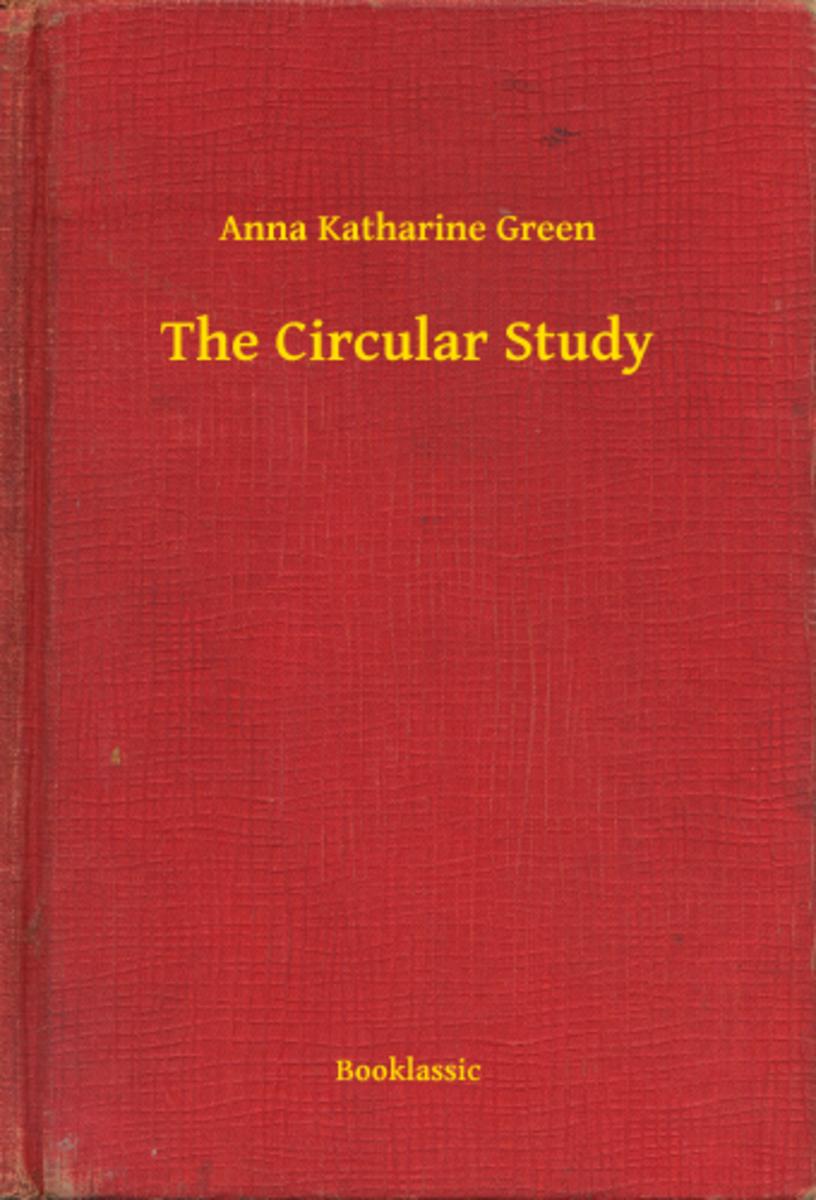
The Circular Study
¥8.01
The Circular Study

Four Max Carrados Detective Stories
¥8.01
Four Max Carrados Detective Stories
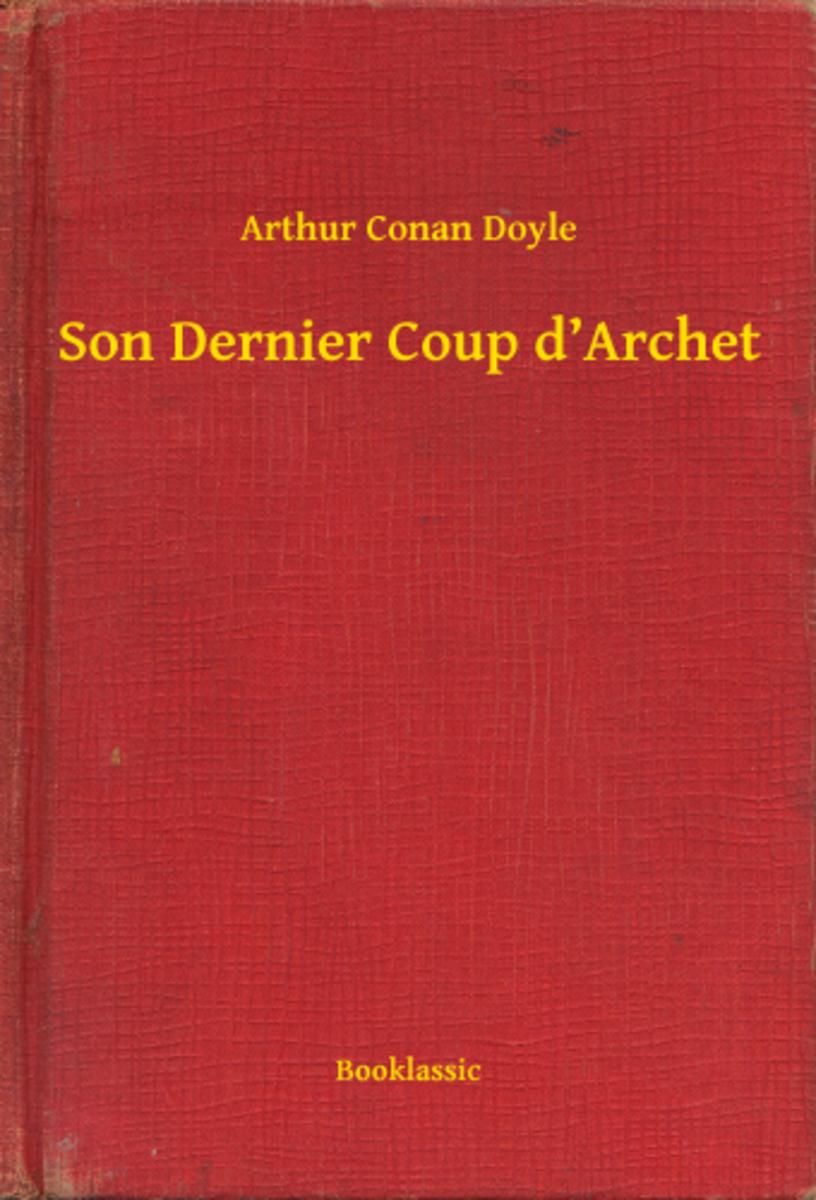
Son Dernier Coup d’Archet
¥8.01
Son Dernier Coup d’Archet
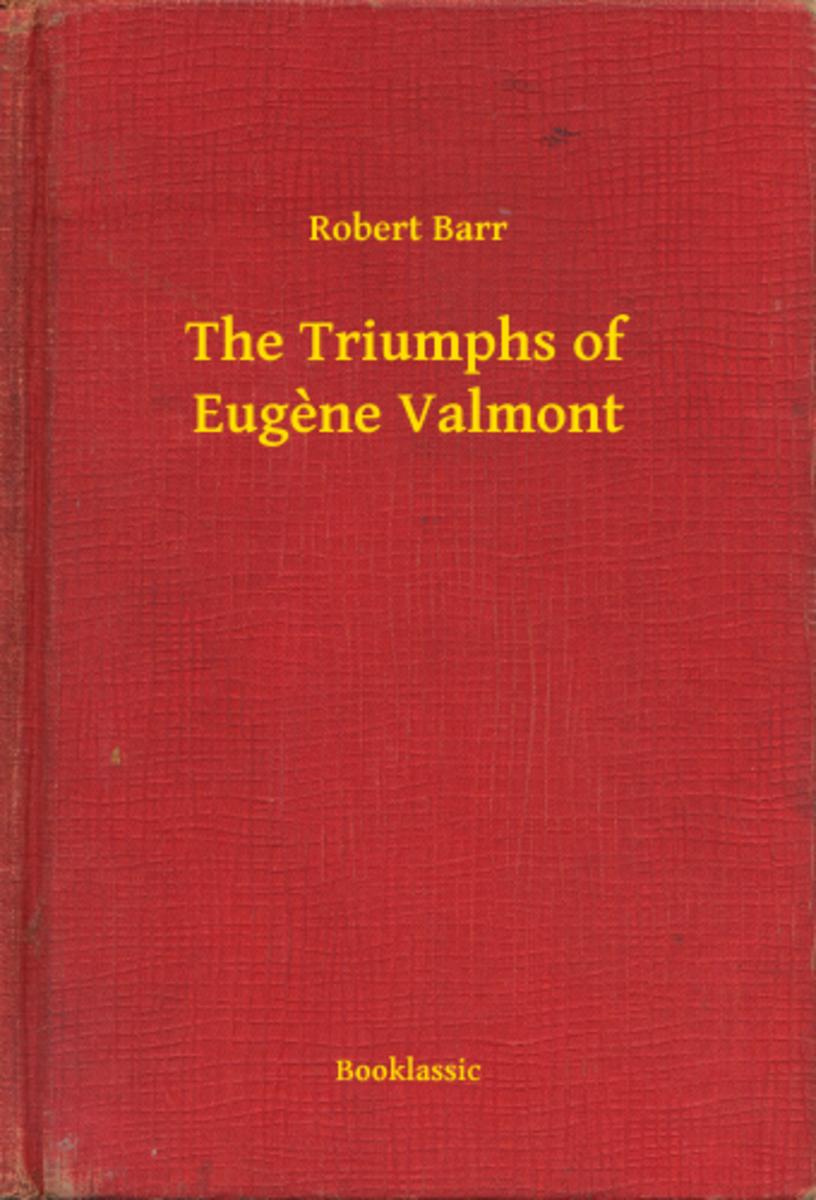
The Triumphs of Eugène Valmont
¥8.01
The Triumphs of Eugène Valmont




 购物车
购物车 个人中心
个人中心



